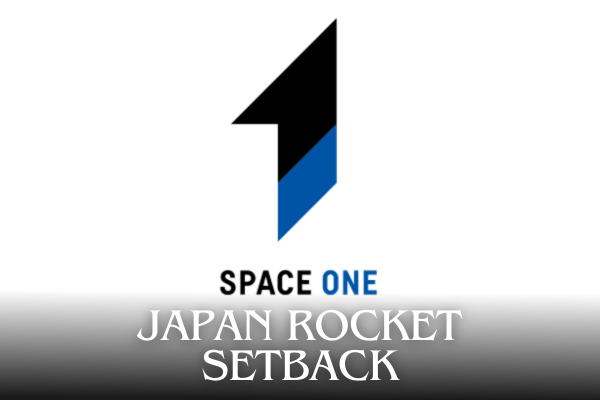Japan’s Space Industry Faces Setbacks Amid Lofty Goals
Japan’s space aspirations encountered another hurdle on Wednesday when Space One’s Kairos small rocket experienced a flight termination shortly after liftoff. This marks the company’s second unsuccessful attempt in nine months to become Japan’s first private firm to deliver a satellite to orbit.
The Kairos Mission: A Second Failed Attempt
The Kairos rocket lifted off at 11:00 a.m. local time from Spaceport Kii in Wakayama prefecture. Live footage captured the 18-metre (59-foot) solid-propellant rocket ascending before it lost stability and deviated from its trajectory. Space One terminated the mission after determining it would not achieve its objectives.
The rocket carried five small satellites, including one from Taiwan’s Space Agency, intended for a sun-synchronous orbit 500 km (311 miles) above Earth. However, the flight lasted only 10 minutes. Space One has announced an investigation and plans to hold a press conference later in the day to provide updates.
The failure follows the Kairos debut in March, which ended in an explosion just five seconds after launch. That incident was later attributed to incorrect flight settings triggering the self-destruct system, despite no hardware issues.
Challenges in Japanese Rocket Development
This latest setback highlights broader challenges for Japan’s space sector, which aims to establish itself as a regional leader. The government has set ambitious goals, targeting 30 rocket launches annually by the 2030s as part of an effort to transform Japan into Asia’s space transportation hub. Authorities hope to grow the domestic space industry into an 8 trillion yen ($52 billion) market.
However, recent rocket projects have struggled to gain momentum. The Japan Aerospace Exploration Agency (JAXA) has postponed the debut of its solid-fuel Epsilon S rocket due to repeated engine test failures. Similarly, JAXA’s liquid-propellant H3 rocket faced a failed inaugural launch in March 2023, though it has since completed three successful flights, securing contracts with clients like French satellite giant Eutelsat.
Other Japanese firms are also navigating difficulties. Interstellar Technologies succeeded in 2019 in launching a rocket without a satellite payload but is still working to develop its orbital launcher, Zero. Meanwhile, emerging Japanese space startups, such as iQPS and Astroscale, have increasingly turned to foreign providers like SpaceX and Rocket Lab due to limited domestic options.
Space One’s Ambitions and Future Plans
Founded in 2018, Tokyo-based Space One aims to address Japan’s satellite launch demand by offering up to 20 small rocket launches annually by 2029. Its backers include Canon Electronics, IHI’s aerospace unit, construction firm Shimizu, and a state-backed bank. Despite its recent challenges, the company’s efforts reflect Japan’s broader push to strengthen its position in the global space market.
The second failed attempt underscores the growing pains of Japan’s private space sector as it seeks to compete with established international players. While hurdles remain, the Japanese government and private entities are likely to continue investing in advancing domestic capabilities to achieve their ambitious space goals.
With inputs from Reuters





